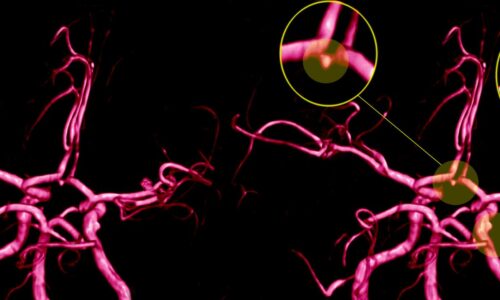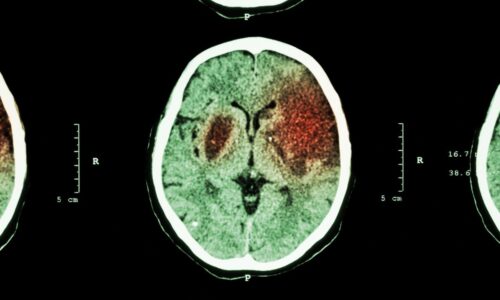Managing Post-Stroke Pain: Addressing Psychological Components

Post-stroke pain is a common occurrence among stroke survivors and can significantly impact their quality of life. While physical pain can be challenging to deal with, the psychological components of post-stroke pain can often be overlooked. In this article, we will discuss the psychological components of post-stroke pain and how to effectively communicate pain with healthcare providers.
Survivors may experience different types of pain after a stroke, such as spasticity, musculoskeletal pain, and central neuropathic pain. While these types of pain can be treated with medication and physical therapy, it is essential to discuss the pain with healthcare providers for proper management.
However, some survivors may feel embarrassed or reluctant to discuss their pain with healthcare providers. During the evaluation, healthcare providers ask about pain to understand the type and severity of the pain. It is essential to encourage survivors to communicate their pain to healthcare providers, as this can help create a better plan for pain management.
Effective communication between patients and healthcare providers is crucial for managing post-stroke pain. One of the best methods for effective communication is to keep a pain diary. Patients can document their pain, such as the type of pain, severity, and duration, and provide healthcare providers with specific information to make better decisions regarding pain management. It is recommended that the patient or a family member keep the diary, and they should document if the pain affects sleep, is a sharp or burning pain, or if it moves from one area to another.
Furthermore, it is essential to work with healthcare providers to develop an appropriate pain management plan. This approach can include medication, physical therapy, and psychological support. Sometimes, psychological support may be necessary to address the psychological components of post-stroke pain.
In conclusion, post-stroke pain can be challenging to manage, and it is essential to address the psychological components of pain. Survivors must communicate their pain to healthcare providers and work with them to develop an appropriate pain management plan. By doing so, survivors can improve their quality of life and move forward with their recovery.








